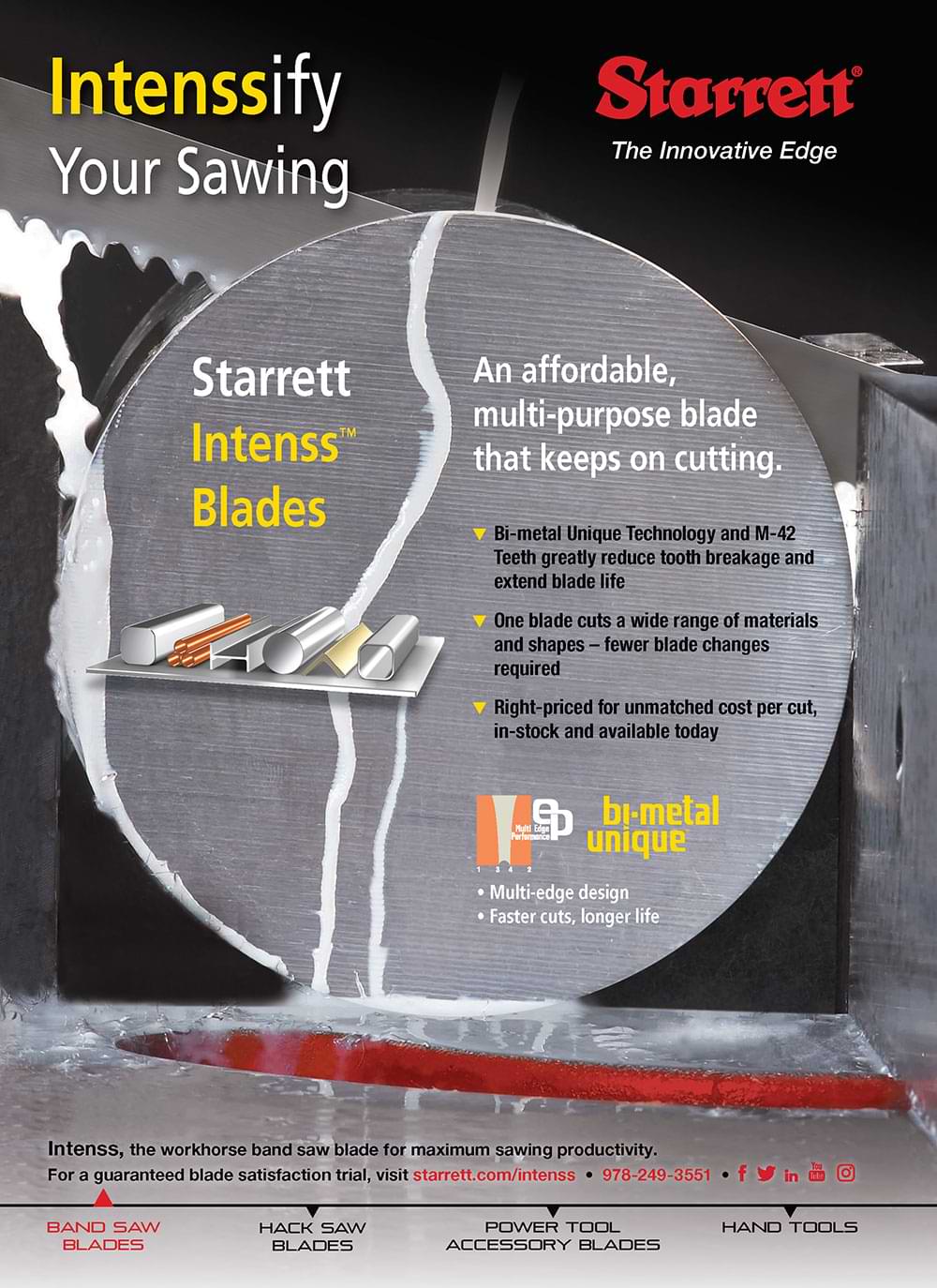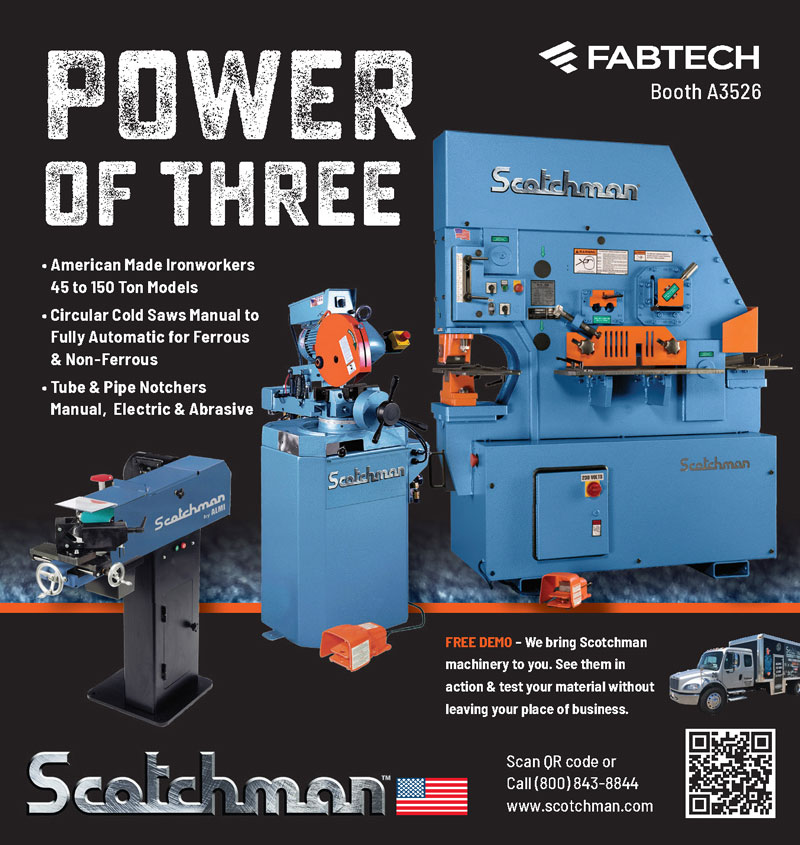
From the Editor
The storytellers
fter nourishment, shelter and companionship, stories are the thing we need most in the world,” says fantasy author Philip Pullman, author of “The Golden Compass.” Stories are important. We seek them out to reassure us when we’re feeling anxious, as comfort when we’re down, or as a means to escape reality. I found stories to be a great comfort to me in the last year and a half when traveling to the Chicago lakefront beaches—traveling anywhere, actually—was prohibited due to the pandemic. From the confines of my home, I could pick up a book or magazine and enter into an entirely different world by reading another person’s words held in my hands.
There are different ways to experience stories as well as learn new things, attempt new hobbies and challenge ourselves. A simple internet search presents a long list of resources—some better quality than others. Here, we find five fabricators who share more than techniques and tools, they share stories through their videos, carefully crafted after hours of writing, planning and practice.
Justin Merrill of The Fabrication Series channel on YouTube, reads to keep current on the latest in the fabrication sector. He spends hours preparing for an end product that the viewer watches for eight to 10 minutes. “It’s about removing the stigma [of the fabrication sector]—it doesn’t matter whether you’re white collar or blue collar, why not be skilled and educated at the same time and build your own career?” he says. “I love reading about how to connect to other industries, with the next generation.”
Nate Pickel of Dirt Lifestyle creates high-quality fabrication content that goes beyond talking into a camera. “There needs to be a story told by a variety of camera angles,” he says. “It has to be captivating to the point where the viewer gets lost in it, absorbed.”
 There are different ways to learn new things. Fabricators use storytelling to make fabrication accessible to all.
There are different ways to learn new things. Fabricators use storytelling to make fabrication accessible to all. 
It’s a delicate balance, according to fabricator and video maker Justin Voss. “It seems like everyone I run into has a welding story they wish they could see how it’s done,” he says. The NASCAR pit crew gas man finds himself increasingly in his rented space to plan and film fabrication videos. “My plan is to build harder [projects] and expand the scale of them—I want to inspire people to make stuff for themselves.”
Some tell stories without using words at all. In Germany, Dirk Ahrendt’s videos are woven together to show viewers how he welds and maneuvers, without speaking a word. “I have my own distinctive style and people like viewing my projects from my vantage point,” he says. “I’m just showing my hands and keep my videos as simple as possible using basic tools that anybody could copy. I want people to say, [‘If] he can do it, I can do it, too.’”
FFJournal’s own FFJTV channel on YouTube holds a library of videos from people of all backgrounds eager to share their fabrication projects in the series Garage Shop Fabricator. These videos continue to educate and entertain new viewers.
This month, FFJournal shares the stories behind the storytellers who weave knowledge, experience and entertainment into informative videos that make fabrication accessible to all.




